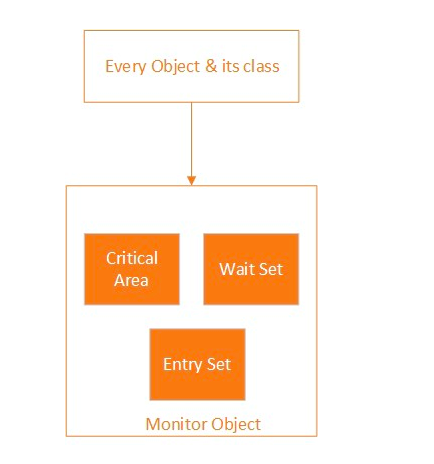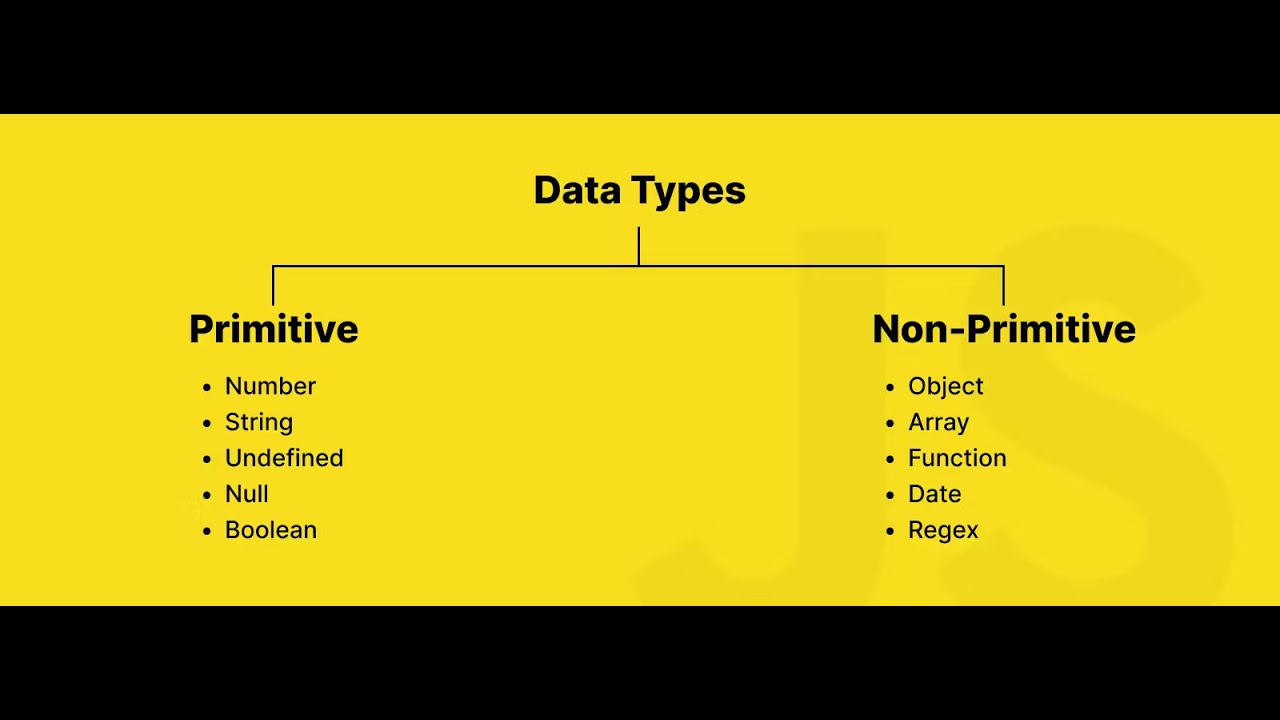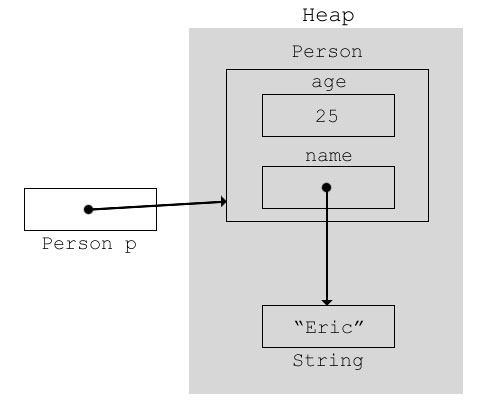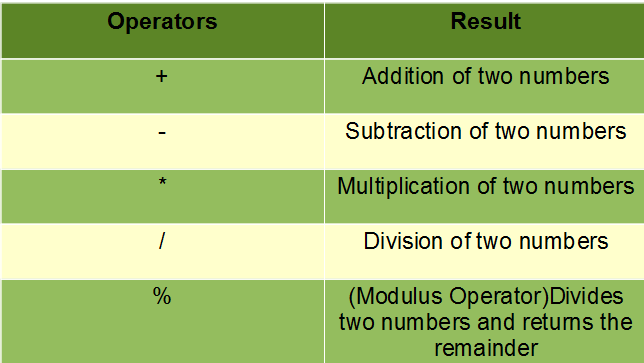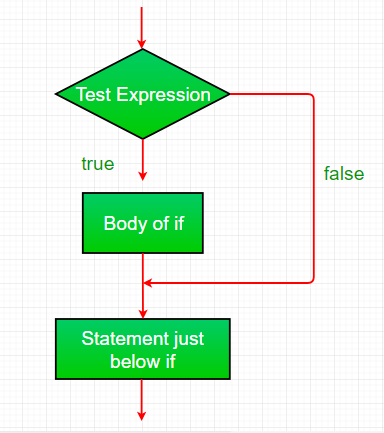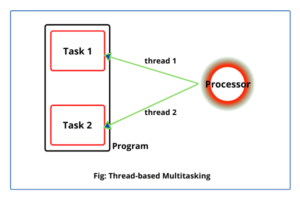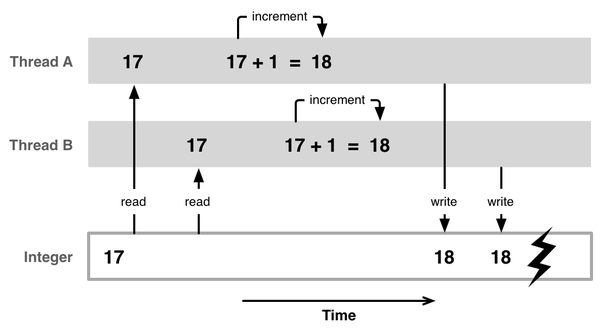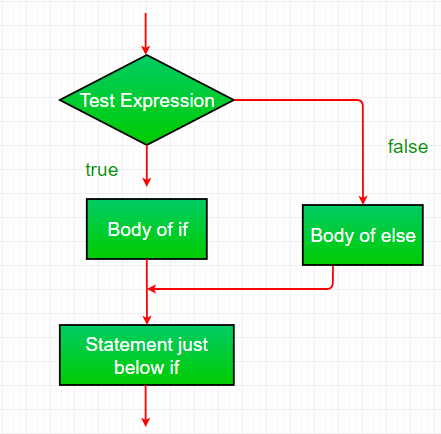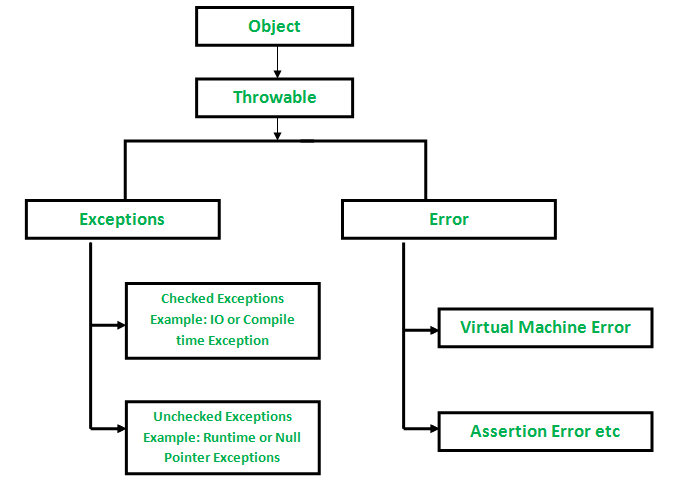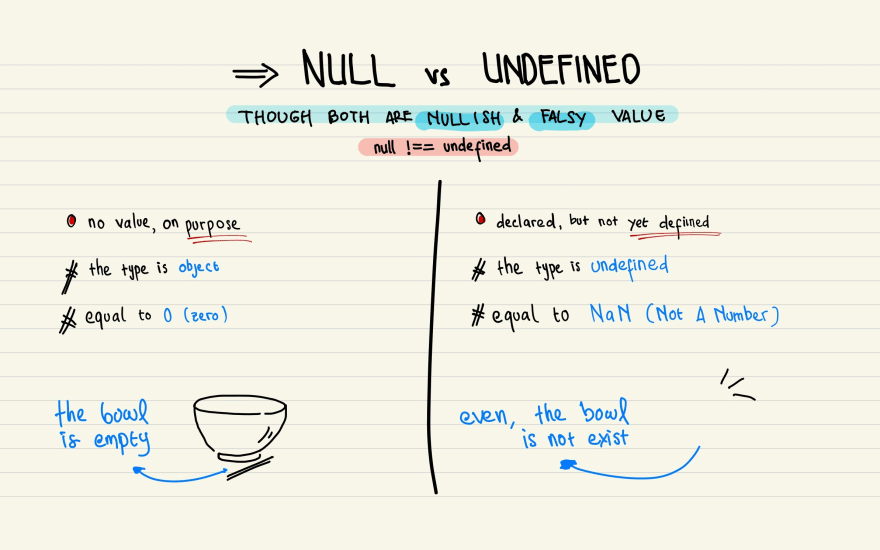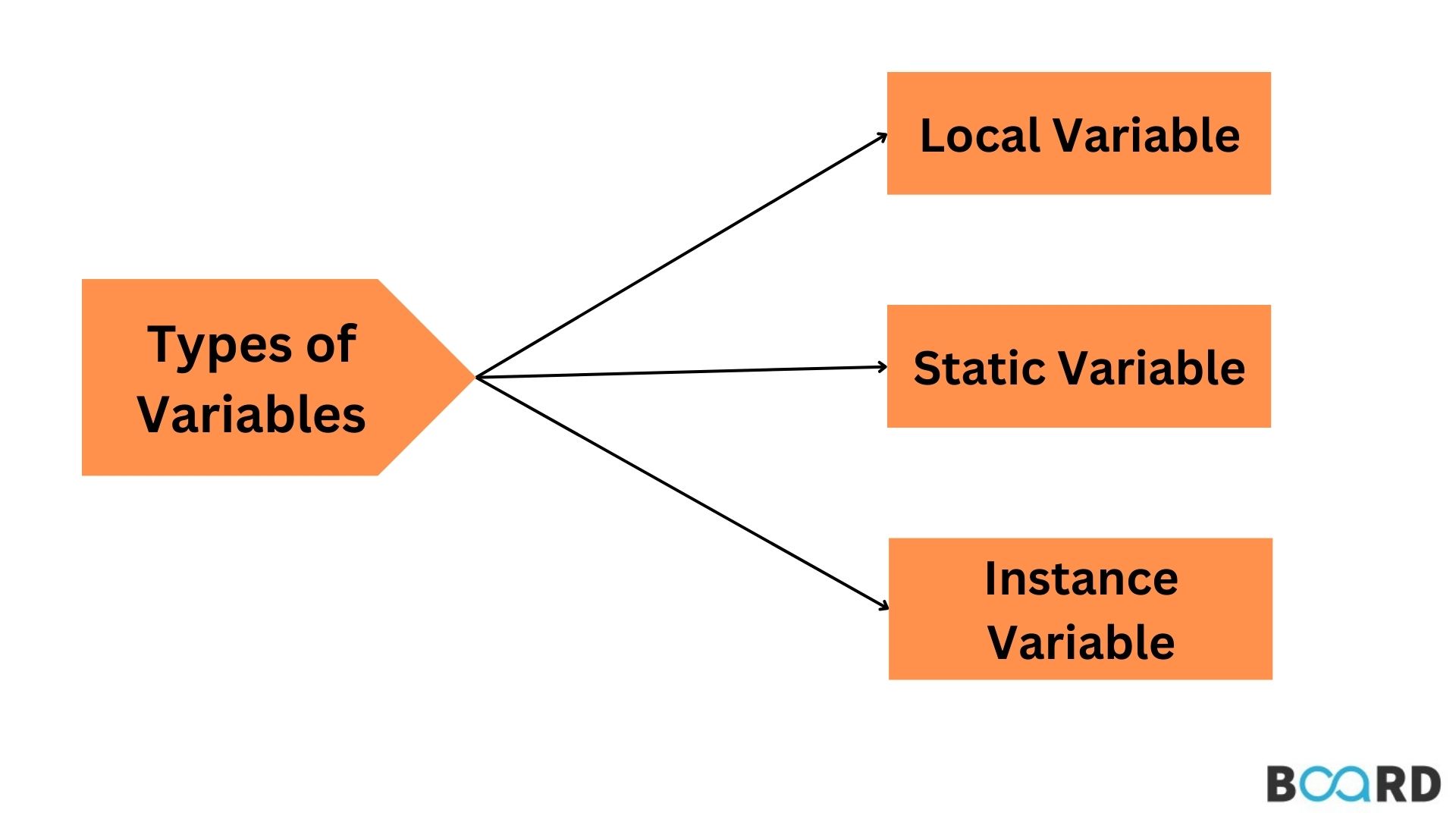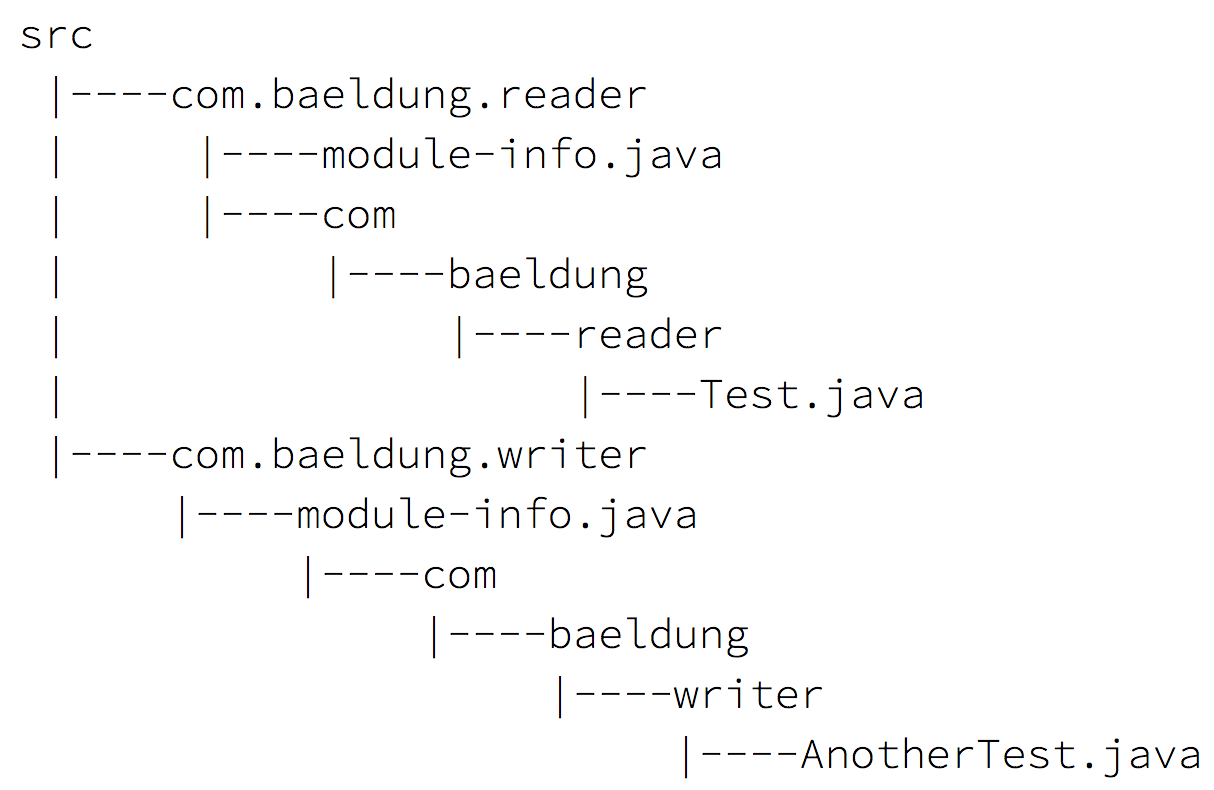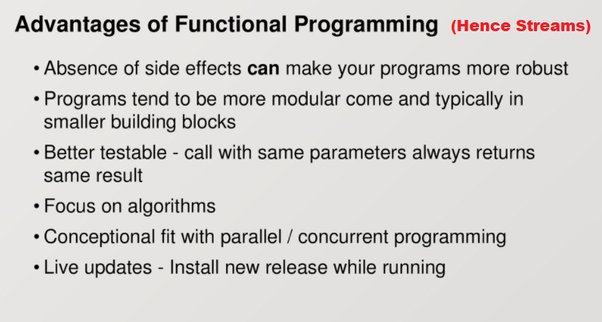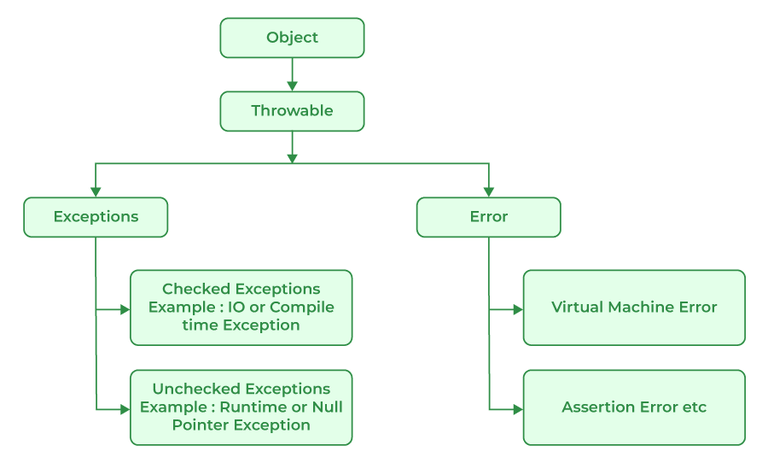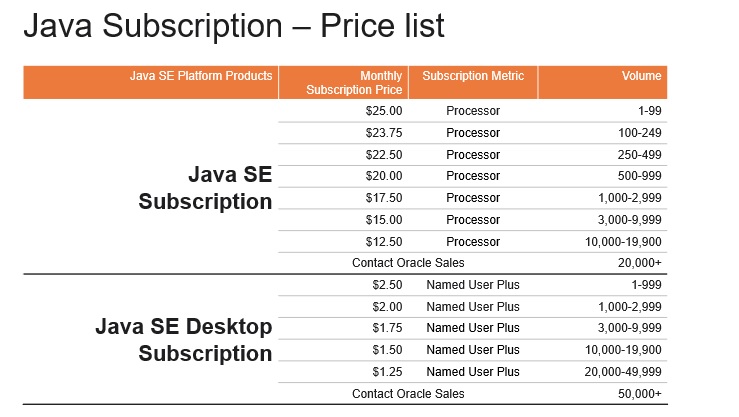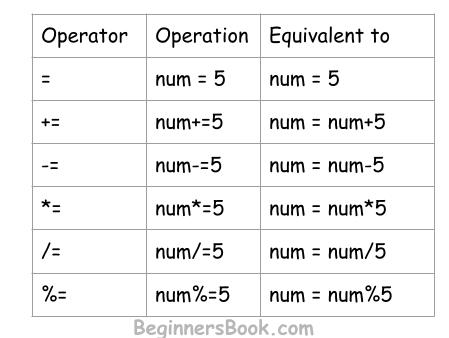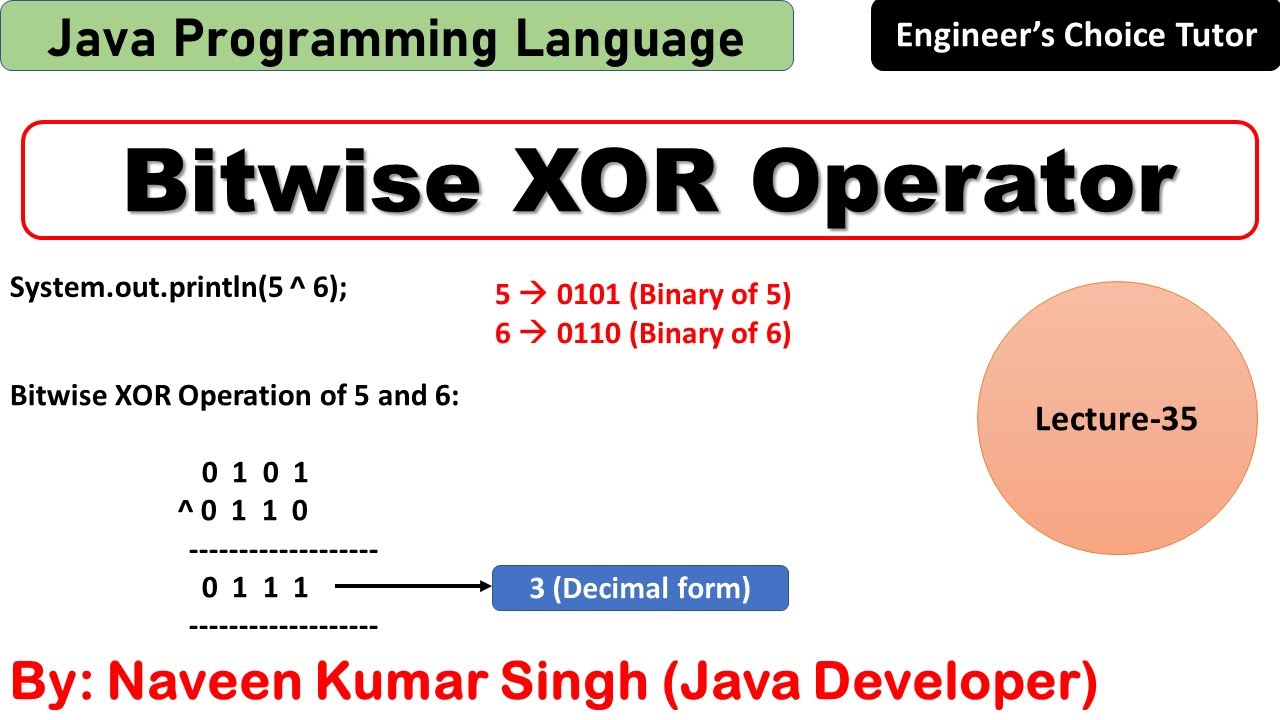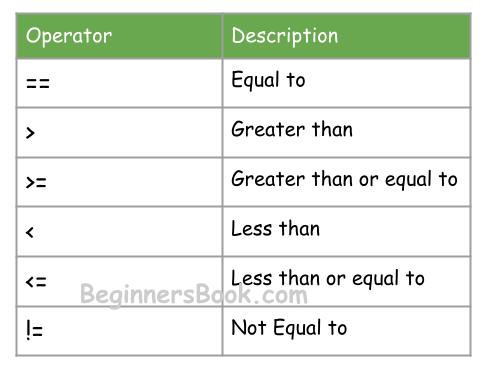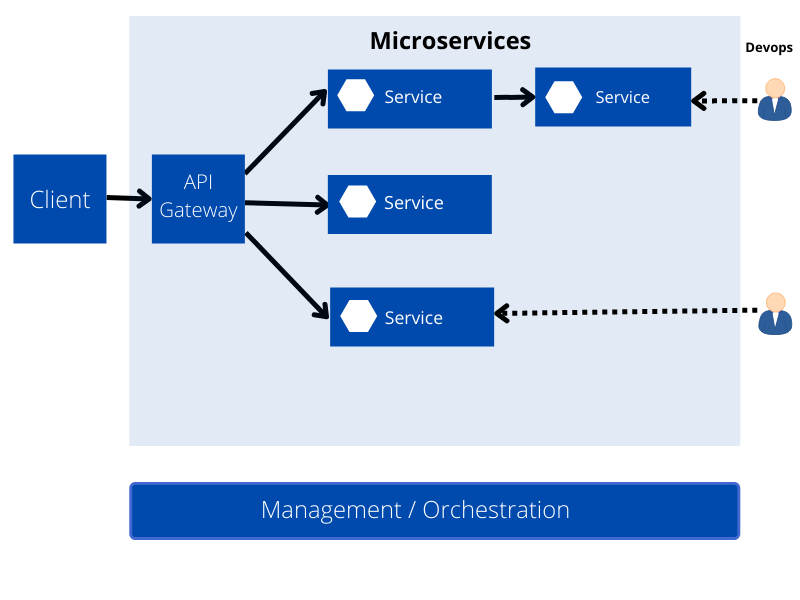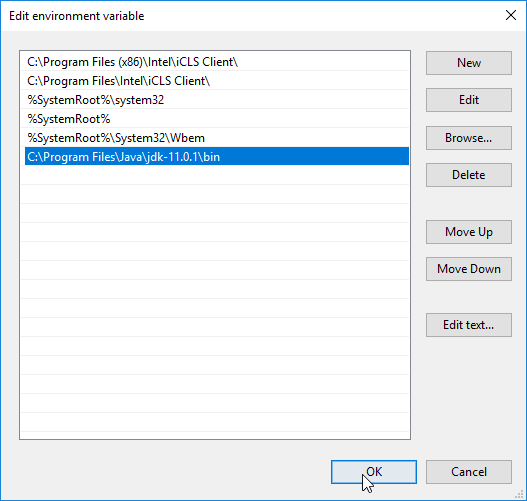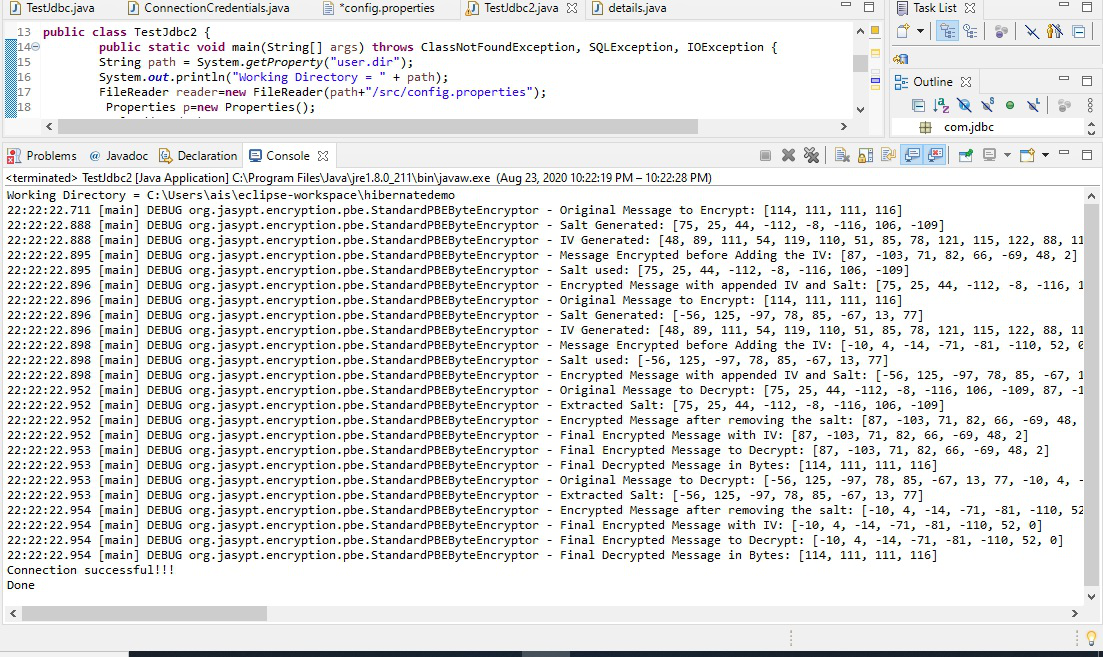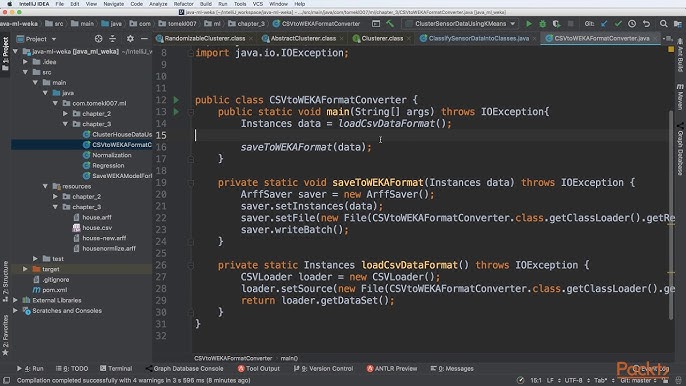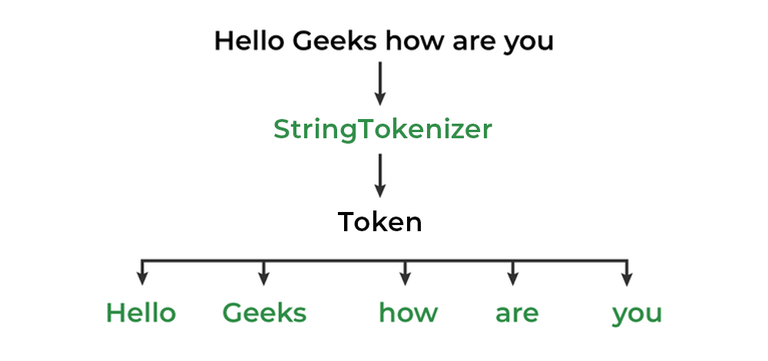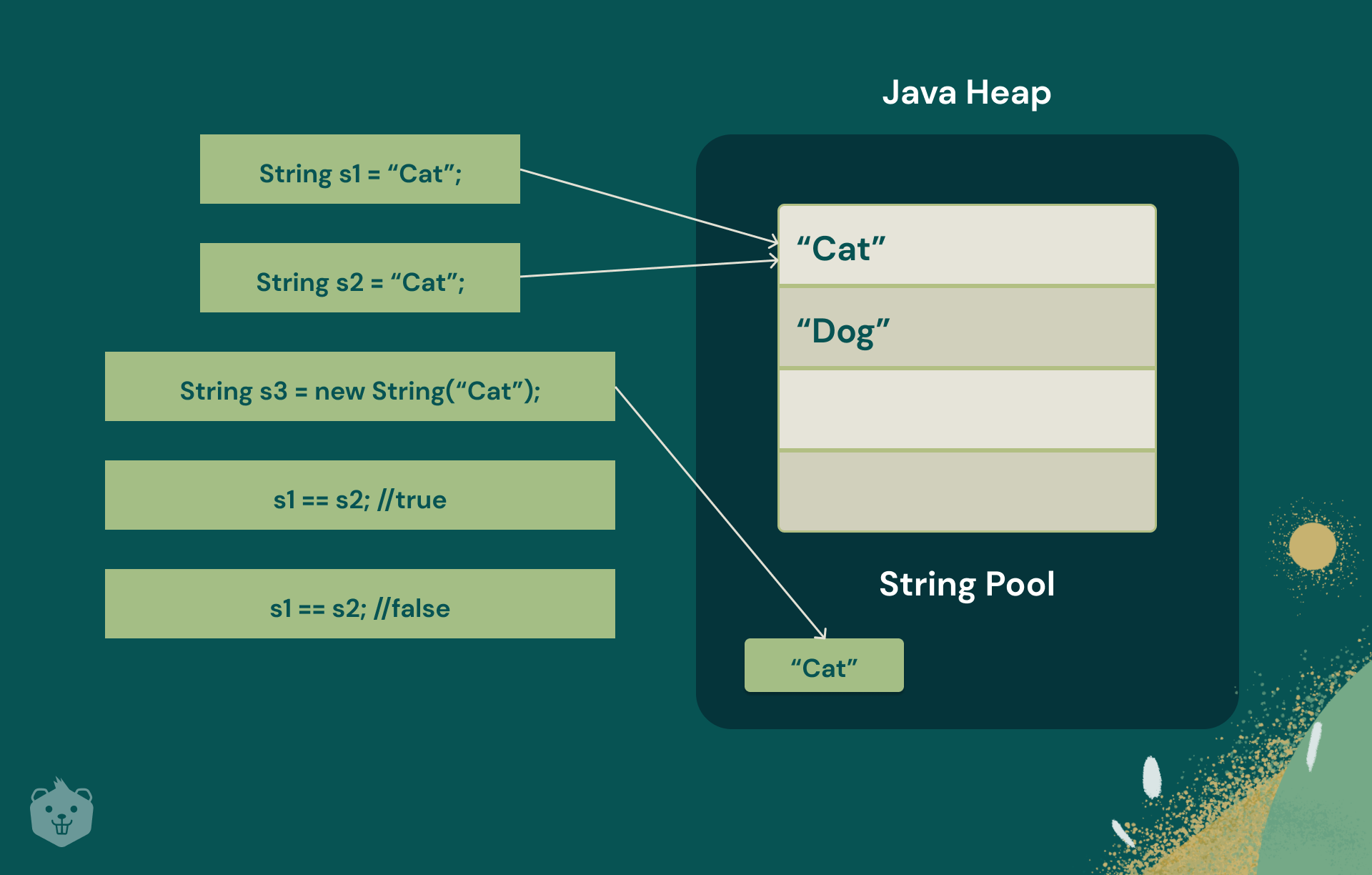class scope in java
class scope in java
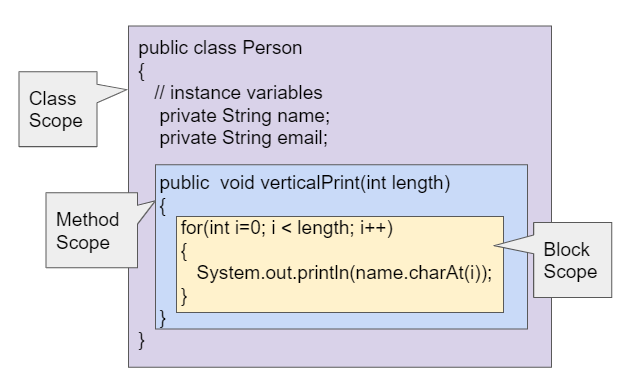
I'll respond in English as per your request.
In Java, a class is the blueprint for creating objects that encapsulate data and behavior. A class defines the properties (data) and methods (behavior) of an object. Think of it like a real-world template or mold for shaping concrete objects. The concept of classes helps create reusable code, making programming easier and more efficient.
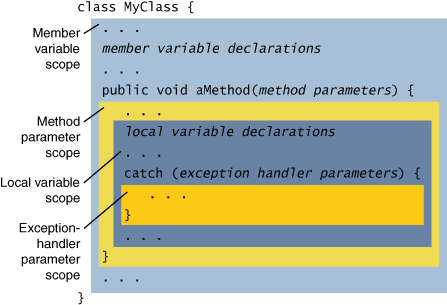
A Java class consists of:
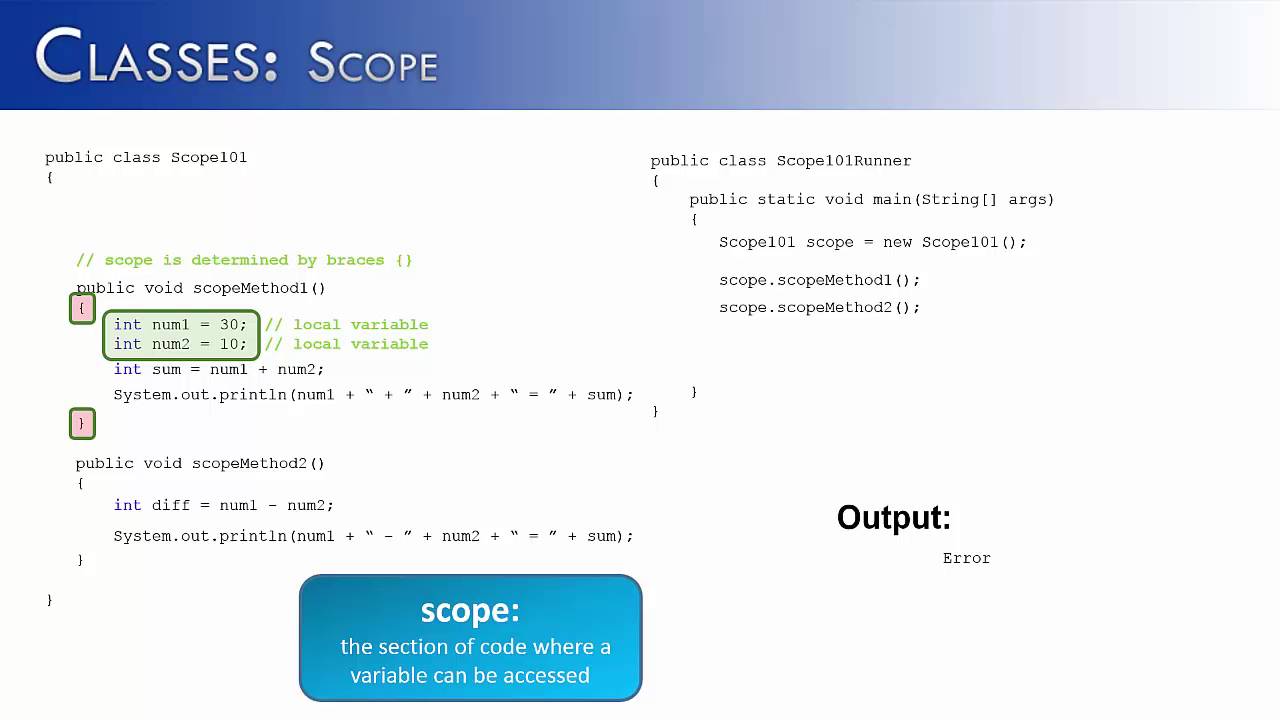
Here's a simple example of a Java class:
public class Person {// Instance variables (fields)
private String name;
private int age;
// Constructor
public Person(String name, int age) {
this.name = name;
this.age = age;
}
// Method to print person details
public void printDetails() {
System.out.println("Name: " + name + ", Age: " + age);
}
}
In this example, the Person class has two instance variables (name and age) and one constructor that takes name and age as parameters. It also has a method called printDetails() that prints out the person's details.
When you create an object from the Person class, it will have its own set of values for name and age. You can then call the printDetails() method on this object to see its specific information.
In summary, classes in Java provide a way to encapsulate data (instance variables) and behavior (methods), which are essential building blocks for creating reusable code. By understanding how to declare, define, and use classes effectively, you'll be able to write more robust, efficient, and maintainable software programs.
What is a variables scope in Java?
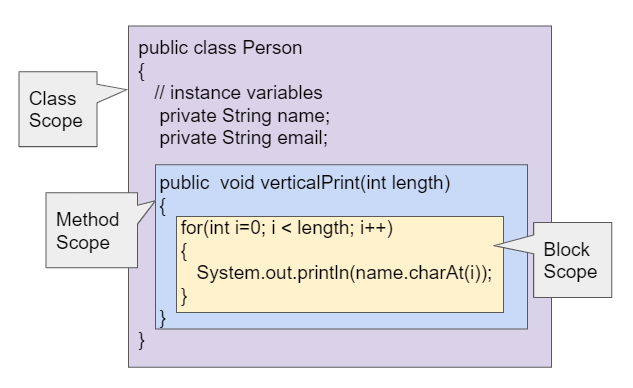
In Java, the scope of a variable refers to the region of the program where the variable is accessible. In other words, it defines the area where the variable can be used or modified.
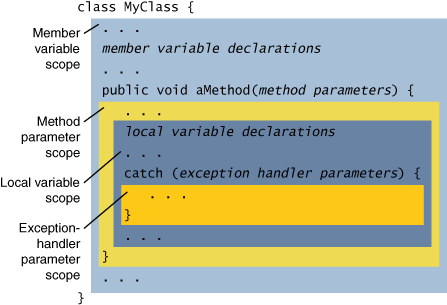
There are three types of scopes in Java:
Block Scope: A variable declared within a block (such as anif statement, for loop, or while loop) has block scope. This means that the variable is only accessible within that block and its inner blocks. The variable's value is lost when the block is exited.
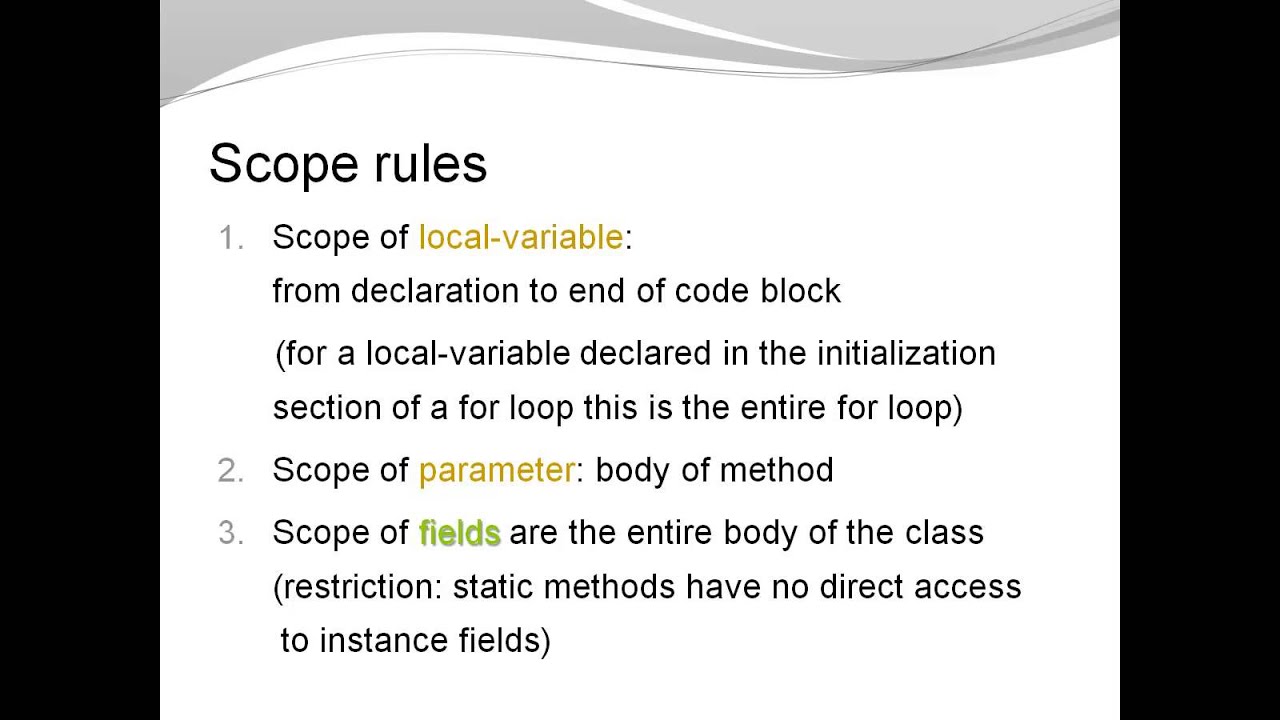
Example:
Method Scope: A variable declared within a method has method scope. This means that the variable is only accessible within that method and its inner blocks.public class Example {public void method() {
int x = 10;
if (true) {
int y = 20; // has block scope, can be used only here
} else {
System.out.println(x); // prints 10, because x is still accessible
}
}
}
Example:
Class Scope: A variable declared within a class (outside of any method) has class scope. This means that the variable is accessible from anywhere in the class.public class Example {public void method1() {
int x = 10;
method2();
}
public void method2() {
System.out.println(x); // prints 10, because x has method scope
}
}
Example:
public class Example {int x = 10; // has class scope, can be accessed anywhere in this class
public void method() {
System.out.println(x); // prints 10, because x is still accessible
}
}
When a variable is declared outside of any block or method, it has instance scope. This means that each instance of the class has its own copy of the variable.
Example:
public class Example {int x = 10; // has instance scope, each instance will have its own value
public void method() {
System.out.println(x); // prints 10, because it is accessing the instance's value
}
}
In summary, understanding variable scope in Java is crucial to write efficient and organized code. By declaring variables within the appropriate scope (block, method, or class), you ensure that they are accessible only where needed, reducing the risk of confusion or errors.
